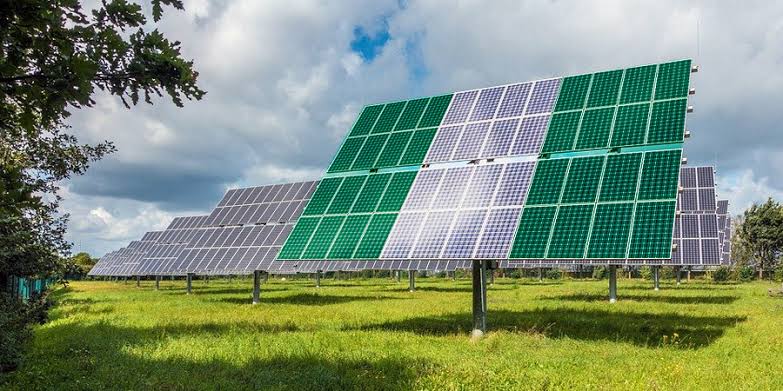Nigeria, often referred to as the “Giant of Africa,” is poised for a transformative shift in its energy landscape. As the world grapples with the consequences of climate change and the global community increasingly turns away from fossil fuels, Nigeria has a golden opportunity to transition towards a more sustainable and economically viable energy mix, focusing on gas, and solar energy sources.
Read also: Tinubu promises 3,000 CNG-Fueled mass transit buses
Unlocking Nigeria’s Energy Potential: Expert Insights
Leading industry experts, who have closely monitored Nigeria’s energy landscape, agree that the country’s immense gas reserves present a unique opportunity for economic revival and environmental sustainability. Dr. Amina Mohammed, former Deputy Secretary-General of the United Nations and a prominent Nigerian environmentalist, emphasises, “Nigeria must leverage its abundant natural gas resources to chart a new path towards energy sustainability. This transition will not only mitigate climate change but also drive economic growth and job creation.”
These views echo the sentiments of Dr. Folarin Gbadebo-Smith, an energy economist at the Nigerian Institute of Economic and Social Research (NIESR). In an exclusive interview, he remarked, “Gas is the bridge between fossil fuels and renewables. Nigeria’s extensive gas reserves, both associated and non-associated, can be harnessed to provide clean-burning fuel for power generation, industrial processes, and domestic use.”
Pioneering State Initiatives
Several Nigerian state governments have taken proactive steps towards transitioning to alternative energy sources. One shining example is Lagos State, which has initiated projects to increase the use of natural gas for electricity generation and public transportation. Governor Babajide Sanwo-Olu, in a recent address, underscored the significance of this transition, stating, “We are committed to reducing our carbon footprint and providing cleaner and more efficient energy solutions for our people.”
Furthermore, Edo State has embraced solar energy through initiatives like the “Edo Solar Revolution.” Governor Godwin Obaseki is actively encouraging investments in solar power projects, aiming to harness the abundant sunlight to meet the state’s energy needs while creating jobs for its citizens.
Assessing the Tinubu Administration’s Commitment
With the President Bola Tinubu-led government in the spotlight, many are keen to know if the administration is actively working towards a sustainable energy future. A recent statement from the Minister of Power, Works, and Housing, Engr. Abdulahi Suleiman, reveals some promising developments. “Under the leadership of President Bola Tinubu, we are committed to diversifying Nigeria’s energy mix. We recognize that gas, electric, and solar energy are essential components of our energy transition strategy.”
However, critics argue that more concrete actions and policies are needed to ensure a successful transition. Mr. Adewale Adegun, an environmental policy analyst, highlights, “The government’s commitment is commendable, but we need to see a clear roadmap, incentives for renewable energy investments, and stricter regulations on emissions.”
Projections for Nigeria’s Energy Transition
Looking ahead, Nigeria has the potential to become a regional leader in renewable energy. The abundant sunlight that blankets the nation throughout the year offers a unique advantage for solar power generation. Solar farms, combined with advancements in energy storage technologies, could help alleviate the chronic electricity shortages that have hindered economic growth.
Moreover, as the world shifts towards cleaner energy sources, Nigeria’s natural gas reserves can serve as an invaluable export commodity. International demand for liquefied natural gas (LNG) is expected to rise significantly in the coming decades, as the International Energy Agency (IEA) forecasts that global demands for LNG will increase by 50% by 2030. Nigeria is well-positioned to capitalise on this trend.
In essence, Nigeria stands at a crossroads in its energy journey. With the right policies, investments, and a commitment to sustainability, the nation can unlock its vast energy potential while simultaneously driving economic growth. The collective efforts of state governments, industry experts, and the federal government are vital in ensuring a successful transition towards gas, electric, and solar energy sources. As the global energy landscape evolves, Nigeria has a golden opportunity to lead the way in Africa and secure its place in the clean energy future.
